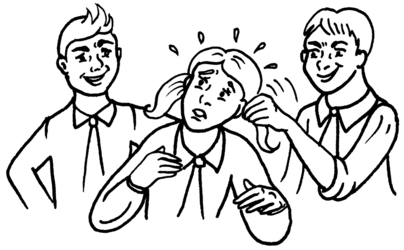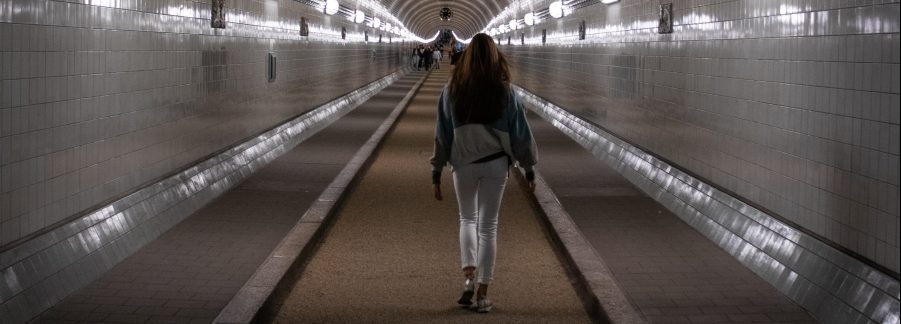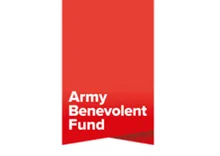“No act of kindness, no matter how small, is ever wasted.” Aesop
At Aurora we are passionate about volunteering. Our CEO began her career as a volunteer on what was the local Portsmouth helpline and then with London Rape Crisis many years ago, and when the organisation was established, developing an active volunteer service was at the very top of our wish list.
Fast-forward to 2012 and our volunteer service began with the launch of our domestic abuse helpline*. Since then the service has gone from strength to strength, and the impact made by our volunteers has been felt across the service and beyond. As one example, the development and launch of Aurora New Dawn DVA cars™, was made possible because we were able to first pilot the service using our volunteers in 2012 during alcohol awareness week. These initial pilots enabled us to evidence the need for the service, resulting in the project achieving 3-year funding from the Big Lottery in 2015.
Currently the Aurora volunteer service provides out of hours support for the Portsmouth area, meaning that Portsmouth as a city has 24hr access for survivors of domestic abuse. Our volunteer helpline runs from 5pm to 8am Monday to Thursday and 24hrs over the weekend and bank holidays, picking up referrals and offering support when daytime services are closed. Most of our referrals are received from the Police, because the helpline offers immediate access to independent support for victims who might otherwise have to wait up to 48 hours (over a weekend, for example) before speaking to a specialist service. However, we also accept referrals from other professionals, and people can call the helpline themselves at any time during its hours of operation.
The total number of referrals into the Helpline Service for 2015/16 was 317. We work closely with Portsmouth City Council’s Early Intervention Project (EIP) and refer directly into their service to ensure victims receive ongoing support after their intial contact with the helpline. We also work in partnership with EIP to ensure coverage for survivors at peak times including bank holidays, major sporting events and over Christmas and the New Year.
What our volunteers say:
”Working for Aurora as a volunteer is an amazing experience and everyone is always there to support and help you. The service in itself is just great and has offered so many people the support to give them the courage to carry on and escape their situations”
“Volunteering for Aurora has given me so much insight into how brave survivors are. Their resourcefulness never fails to inspire me. I love being on the helpline.”
“What I enjoyed most was the realness of speaking to survivors; prior to volunteering, I had only ever read about domestic abuse or was told things through hearsay but this made it real and I valued myself as a human being to be able to allow another to have trust in me.”
“For me, it is great to be able to get involved and do my bit to help survivors of domestic abuse, the direct contact with the survivors is a real eye opener and I am amazed at how resourceful and strong people can be. It gives me a real sense of satisfaction to feel that I may have in some way helped or improved things for people.”
What survivors say about our volunteers:
- “Overwhelmed with how much support was available, thank you.”
- “Very friendly, helpful, good advice given, nice to talk to someone”
- “Kind – great to speak to. Genuine and caring and supportive people who understand the issues of DV.”
- “They told her they would help her and they did.”
- “Felt help straight away. Helped recognise other forms of abuse and gained knowledge.”
- “Really kind and helpful.”
- “Help and explanation Aurora gave was brilliant.”
- “Lots of support and felt very comfortable by knowing that there are services here to help.”
- “Very supportive and encouraging, would give her [volunteer] the best rating – very high level.”
- “Lovely people. Positive experience.”
The variety of skills and knowledge that our volunteers bring to Aurora is something we are incredibly proud of. Our volunteers make us richer as an organisation. Their passion and energy to support survivors in their own time motivates us as a charity to do more. And we are passionate about supporting our volunteers to grow and develop. Previous volunteers have used their experience to pursue careers in a variety of settings, including the National Probation Service, Housing, and work within other specialist domestic abuse services. Some of them even come to work for us! We’re extremely proud of the fact that a number of our current frontline team started working with us after volunteering on the helpline.
We would like to take this opportunity to thank our volunteers for their time, commitment and energy. They truly are the backbone of the organisation, and give up their time for free to ensure that survivors have access to support whenever it is needed. We are lucky to have them on board.
Interested in volunteering? We are always looking for new volunteers. Time commitments are flexible and there is a full package of training provided. We are particularly interested in hearing from people with availability over peak times – including the summer holidays, Christmas and New Year. If you are want to find out more why not drop us a line at info@aurorand.org.uk
*Funded by the Hampshire and IOW Police and Crime Commissioner










